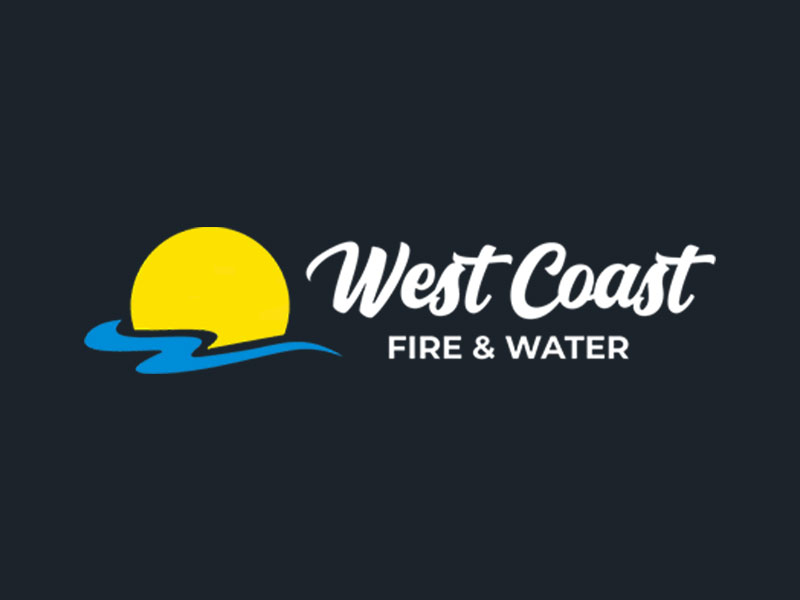
Decontaminating Offices and Facilities During the COVID-19 Crisis
COVID-19 has impacted day-to-day life. Cities that never sleep seem to have come to a halt. With close to six million cases, America is the worst-hit country. The U.S. economy has been hit hard by the pandemic.
Thankfully, things have started looking up. All 50 states have begun to reopen. As a business owner, you are responsible for maintaining a safe and healthy workplace. To make your office safer for everyone during COVID-19, you need to design and execute a plan for your office cleaning.
Cleaning Guidelines by the CDC
The CDC has issued detailed guidance for cleaning and decontaminating workplaces. It has also issued a list of EPA-approved cleaning products that kill germs without adversely impacting the environment. Here are a few points to keep in mind when cleaning workplaces:
- Use protective equipment such as disposable gloves, masks, and gowns. Carefully remove them and dispose of them immediately after cleaning
- If you cannot get hold of CDC-approved cleaning products, use household bleach and water for cleaning. The CDC recommends:
- Five tablespoons bleach per gallon of water (for floors and larger cleaning surface)
- 4 tablespoons of bleach per quart of water (ideal for spray bottle applications)
*Note – Bleach solutions are effective for up to 24 hours
- Remember to clean surfaces thoroughly with a detergent or soap and water solution before starting. Cleaning prepares the surface, which increases the efficacy of disinfectants in killing germs
- Never mix cleaning products
- When using cleaning wipes, clean only one item at a time
Clean Frequently-Touched Surfaces
Though the coronavirus spreads primarily through respiratory droplets, studies have revealed that a healthy person can contract the virus when they touch a contaminated surface and then touch their eyes, mouth, or nose.
The virus can survive on different surfaces for up to 72 hours. Researchers believe that coronavirus particles can remain suspended in the air for up to three hours.
To mitigate the risk of COVID-19 transmission in your workplace, thoroughly and frequently clean most-touched surfaces such as doorknobs, light switches, elevator buttons, computer monitors, keyboard and mouse, and faucet handles.
Pay attention to areas where infectious germs love to hide. Typical examples include toilet seats, kitchen worktops, coffee makers, bathroom taps, and sinks. Regularly deep clean social gathering areas such as conference rooms, the cafeteria, and group workspaces.
Guidelines for Using Cleaning Products
Use EPA-recommended cleaning products that eliminate germs without adversely affecting the environment. Follow the manufacturer’s instructions when using disinfectants and cleaners.
Do not mix cleaning products and disinfectants, unless the label says you can do so. There are several dangers of mixing cleaning products. Mixing chlorine bleach and ammonia cleaners, for instance, can release toxic vapors. Exposure to these vapors can result in serious injuries or even death.
Cleaning Your Building If an Employee is Sick
- Limit access to areas used by the person (only people from the cleaning team should be provided access)
- Wait for at least 24 hours before decontaminating. If this is not feasible, wait for as long as possible
- Open all the doors and windows in the area to facilitate cross ventilation
- Deep clean and decontaminate areas used by the person, including cabinets, toilets, and common areas. Clean shared electronic equipment such as laptop/desktops, remote controls, touchscreen devices, and ATM machines used by the person
- Vacuum all areas used by the person, if required. We recommend using a vacuum with a HEPA filter. If a room has people in it, wait until it is empty
- Use appropriate cleaning products (recommended by the EPA) to clean soft surfaces such as carpets
- Turn off window-mounted, in-room, or on-wall recirculation HVAC. This will mitigate the risk of HVAC air duct contamination. Do not turn off your central HVAC
- Contact a COVID cleaning company in Marin County for additional cleaning if required
Decontaminating Outdoor Areas
- Deep clean high-touch surfaces made of plastic or metal routinely. Typical examples include grab bars and railings
- Do not spray disinfectants on outdoor recreational areas
- Wooden surfaces such as wooden benches and tables should be cleaned (not decontaminated) routinely
Working with Janitorial Services or In-house Cleaning Staff
Cleaning workers are at an increased risk of exposure to the virus and toxic chemicals from cleaning products. The CDC recommends taking appropriate safety measures to ensure the safety and well-being of these workers.
Train your workers on the proper use of chemicals, cleaning products, and cleaning and safety equipment (such as gloves, masks, hearing protection, and goggles).
Precautions to Follow When Cleaning and Decontaminating Areas
- Wear a mask, gloves, and gown when performing different tasks including collecting and disposing of trash
- Use additional personal protective equipment or PPE when handling toxic chemicals or when there is a risk of splash
- Remove your gown, gloves, and mask very carefully to avoid contaminating the surrounding area
- Wash your hands with soap and water for 20 seconds after removing gloves
Air Quality and Ventilation Systems
To maintain a healthy workplace:
- Use high-efficiency HVAC air filters (MERV 13 for offices, MERV 14 for healthcare facilities)
- Identify and address indoor air quality issues
- Come up with a plan (can include tweaking controls) to accommodate and monitor additional filtration needs
- Have your air quality assessed by an expert regularly. Implement measures recommended by the professional to improve the ventilation effectiveness of existing systems
West Coast Fire & Water is a reliable COVID cleaning company in Marin County. We have helped several businesses from different industries develop effective decontamination programs. Our time-tested methods are designed to deep clean even difficult-to-reach areas.

